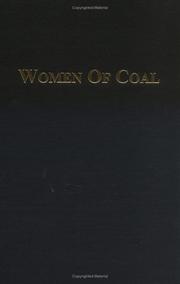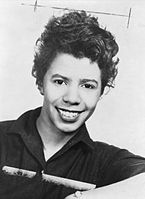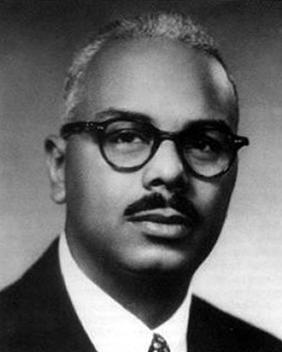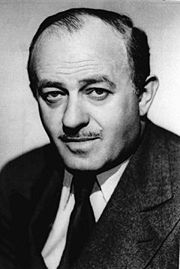
Randall Norris
Born: 1949
Pen Name: None Connection to Illinois: Professor Norris started teaching at Sauk Valley Community College in Dixon, Illinois, in 2000. He currently lives in Rock Falls Illinois. Biography: Professor Norris is the former Development Director Haley Heritage Square, a cultural complex in Knoxville, Tennessee designed to honor Alex Haley, the Pulitzer Prize winning author of Roots. He is also the founder of the Appalachian Writers Center, whose Executive Board of Directors includes Alex Haley, Yevgeny Yevteshenko, Isaac Bethshevis Singer, Jim Wayne Miller and Phillip O'Connor, Chair, Pulitzer Prize Nominating Committee. In addition to his award winning fiction writing, he is a humanities presenter and author. In August, 2000, he began his work at Sauk Valley Community College in Dixon, Illinois, where he was a Professor of English and American Culture Studies. Professor Norris retired in 2009.
Awards:
- -- 2003-2004 Illinois Humanities Council Road Scholar
Facebook: http://www.facebook.com/#!/profile.php?id=1272722481=randall+norris
Website: http://www.svcc.edu/academics/departments/humanities/rnorris
Randall Norris on WorldCat : http://www.worldcat.org/search?q=randall+norris
Selected Titles
 |
The Oxford book of American light verse ISBN: 0195025091 OCLC: 4195130 Oxford University Press, New York : 1979. A collection of humorous poetry written by Longfellow, Whittier, Holmes, Lowell, Melville, Dickinson, Harte, Field, Frost, Sandburg, Lindsay, Aiken, MacLeish, Nash, and other well-known and lesser-known Americans. |
 |
Women of coal / ISBN: 0813119936 OCLC: 35209431 University Press of Kentucky, Lexington, Ky. : ©1996. "The history of women's roles in the coalfields and communities of Appalachia has been poorly documented. What has been recorded depicts Appalachian women as suppressed by a male-dominated culture. In Women of Coal, photographs and words of self-expression combine to challenge the stereotypes of mountain and coalfield women." "Heirs to a rich tradition of protest that extends from the women who endured incredible hardships in the early coal camps, the women in this book do not see themselves as stereotypical. Concerned with the larger picture are women such as Linda Lester, a coal miner from Appalachia, Virginia; she helped form a Coal Employment Project for women, and the project now has members in Australia, Great Britain, and Germany." "Attitudes are not weighed down by the past but rather embrace it to address issues in the present. Edith Crabtree, for example, is concerned with black lung benefits and medical coverage for workers. Edna Gulley's heart goes out to the poor who can't afford to buy clothes. Susan Oglebay, an attorney for the United Mine Workers, is very "aware that the coal industry is collapsing all around" and despairs for the future. Helen Carson, retired director of a Head Start program, thinks "women are accepting new changes and adapting to them, while men are sticking to, and stuck in, traditional political forms." The old attitudes spur these women to work in their communities toward a better future for their families." "Just as James Agee and Walker Evans revealed the grim reality of southern sharecroppers during the Depression, Randall Norris and Jean-Philippe Cypres capture the lives of three generations of women in central Appalachia. Told in their own words, these stories will speak to general readers as well as anyone interested in the culture and history of Appalachia."--Jacket. |




